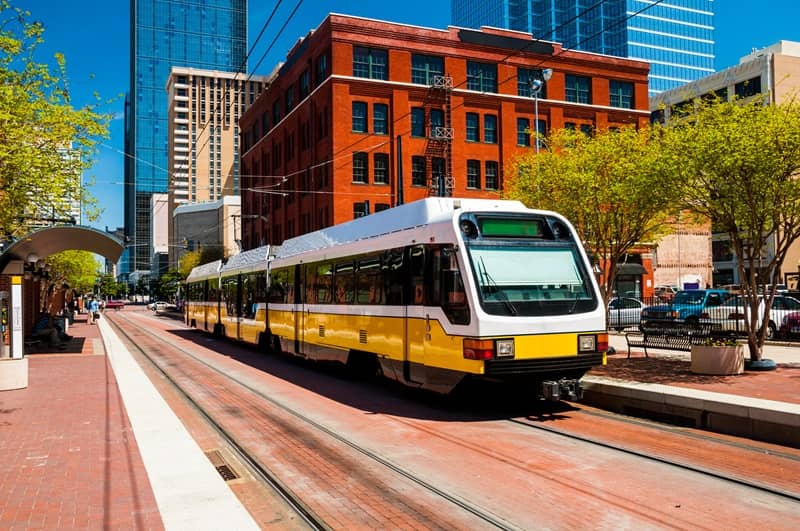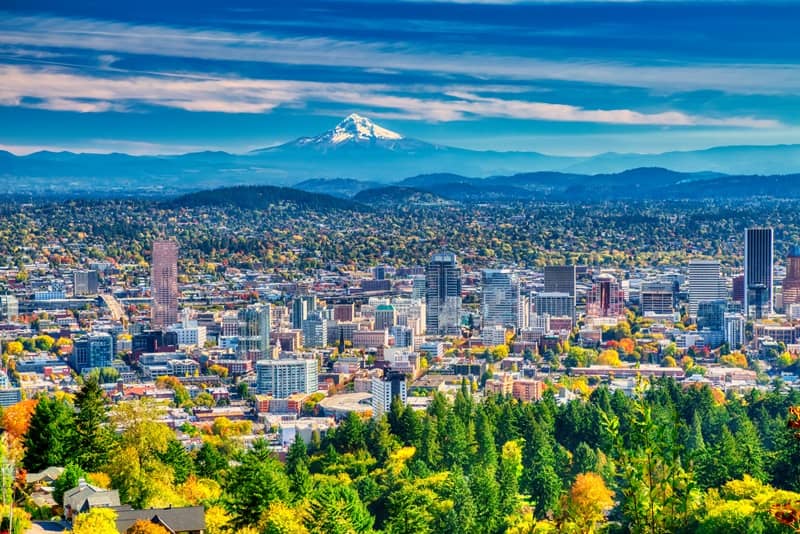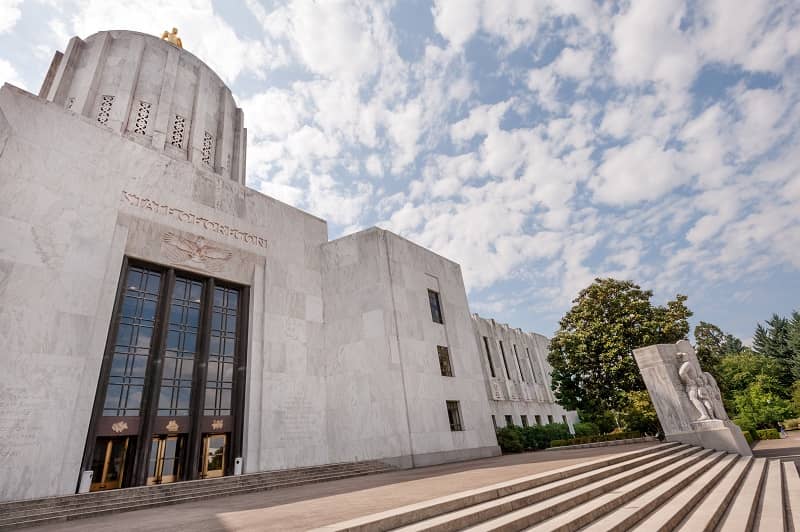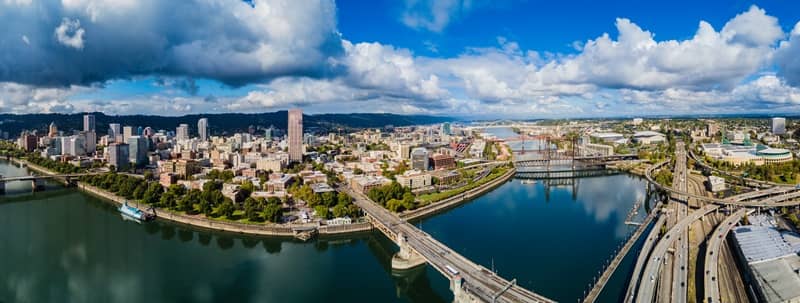On May 11, 2011 Steve Buckstein testified against HB 3000, which would allow state and local government agencies to pay more for Oregon-made products.
Click here to listen to the hearing, which begins at 1:31 into the recording. Steve’s testimony begins at 16:31.
Testimony before the Senate General Government, Consumer and Small Business Protection Committee in opposition to HB 3000
Chair Shields and members of the Committee, my name is Steve Buckstein. I’m Senior Policy Analyst and founder of Cascade Policy Institute, a non-partisan, non-profit public policy research organization based in Portland. Our mission is to promote policies that enhance individual liberty, personal responsibility and economic opportunity in Oregon.
I believe the so-called Buy Oregon First Bill, HB 3000, is not only bad public policy, but runs the risk of continuing an economic misunderstanding that will lead to repeated policy mistakes in years to come.
Basically, the bill allows state agencies to pay up to 10 percent more for goods fabricated or processed or services performed entirely within the state. The Governor says that “this bill will help Oregon businesses by encouraging the development and growth of our local supply chains, which will help create local jobs and revitalize our state’s economy.”*
Economists have exposed the fallacies of such thinking over the centuries. Henry George may have said it best in 1886 when he wrote**:
If to prevent trade were to stimulate industry and promote prosperity, then the localities where he was most isolated would show the first advances of man. The natural protection to home industry afforded by rugged mountain-chains, by burning deserts, or by seas too wide and tempestuous for…the early mariner, would have given us the first glimmerings of civilization and shown its most rapid growth. But, in fact, it is where trade could be best carried on that we find wealth first accumulating and civilization beginning. It is on accessible harbors, by navigable rivers and much traveled highways that we find cities arising and the arts and sciences developing.
Here in Oregon, we should recognize that Portland was located on two navigable rivers for a reason. Early settlers knew that having access to world markets was good. When people freely choose to trade with one another, consumers have access to more products at better prices, and workers have more job opportunities.
Any jobs that will be created from this bill will not offset the lost jobs and/or other lost opportunities that it imposes on consumers. Paying more for some goods and services means that agencies will have less to spend on other goods and services. While these choices may benefit some Oregon producers, they almost certainly will harm Oregon consumers in general.
As Adam Smith wrote in The Wealth of Nations in 1776, “Consumption is the sole end and purpose of all production, and the interest of the producers ought to be attended to only in so far as it may be necessary for promoting that of the consumer.”
Journalist James Glassman says of the Smith quote above, “That is a great lesson for all policymakers to bear in mind. Ask, does this policy help consumers? Free trade allows consumers to buy a cornucopia of higher quality goods from other countries at lower prices than they would pay if they were restricted to buying homemade goods. Trade is obviously a huge benefit for consumers–that is, individual buyers. And, says Adam Smith, what is better for consumers is always better for an economy…It is indeed true that some producers are hurt by free trade. And we can expect producers–such as textile industries and their employees and tomato growers–to kick and scream over free trade. Fine. But consumers–all 270 million of us–benefit mightily.”***
Everyone in this building wants to help create jobs; but favoring some producers at the expense of most consumers won’t, on balance, create jobs. Mankind has learned this lesson the hard way at least since the mercantilism of the 15th through 18th centuries. We forget it now at our peril.
Thank you.
* Governor Kitzhaber’s News Release, April 29, 2011, issued upon the passage of HB 3000 in the House.
** Henry George, “Protection or Free Trade,” 1886.
*** James K. Glassman, The Blessings of Free Trade, Cato Institute, May 1, 1998.











